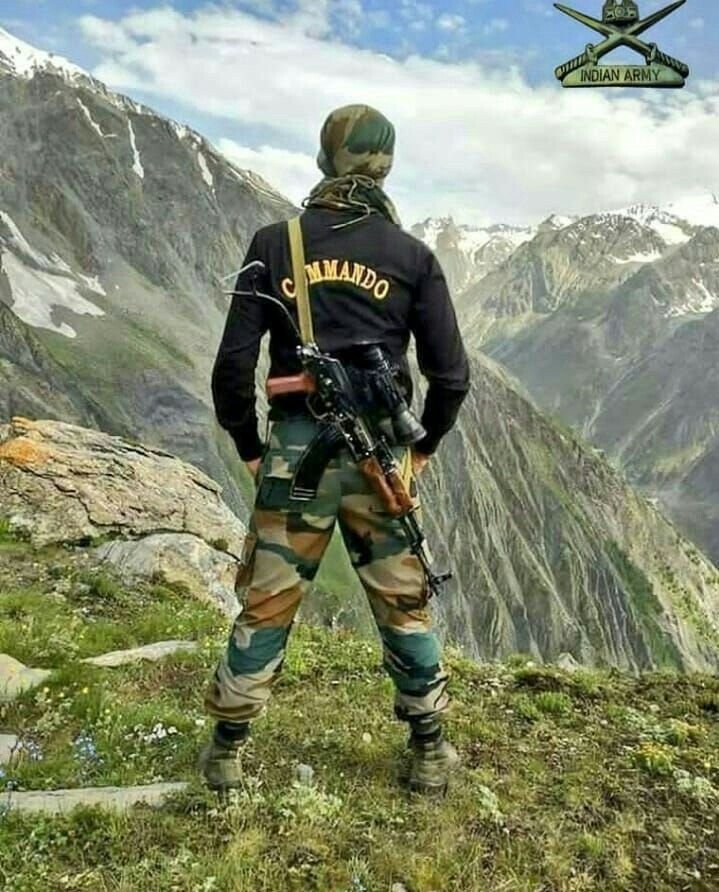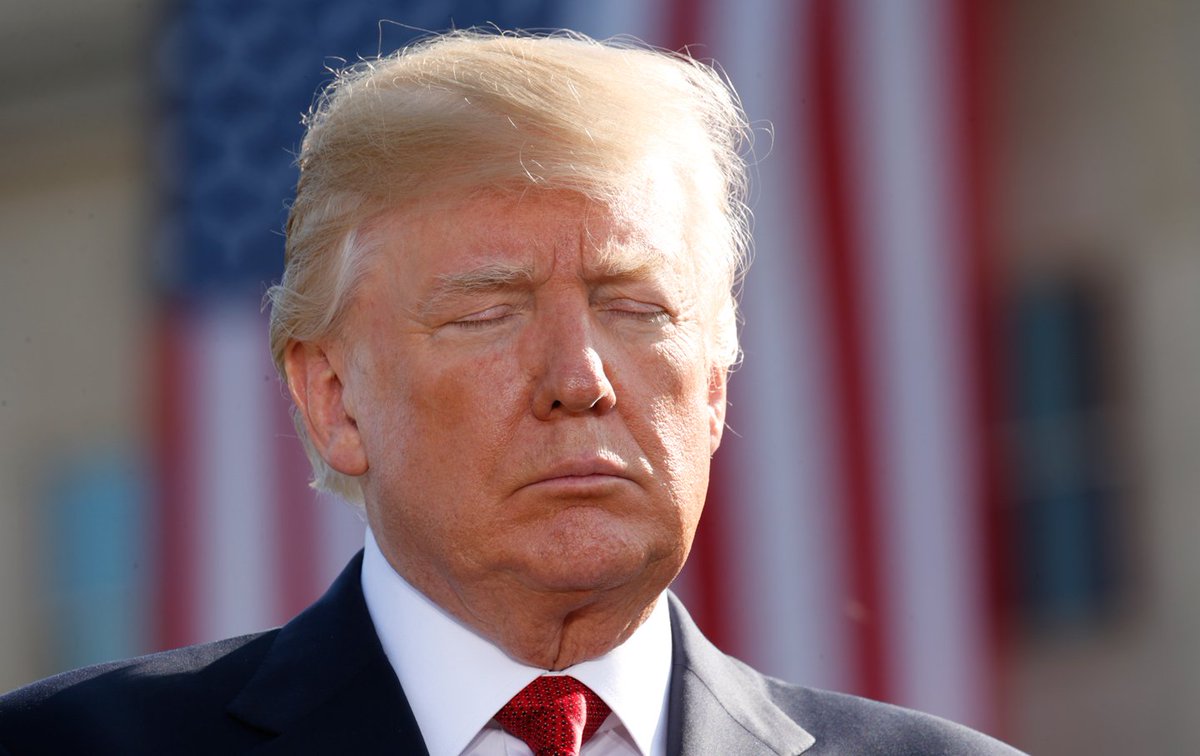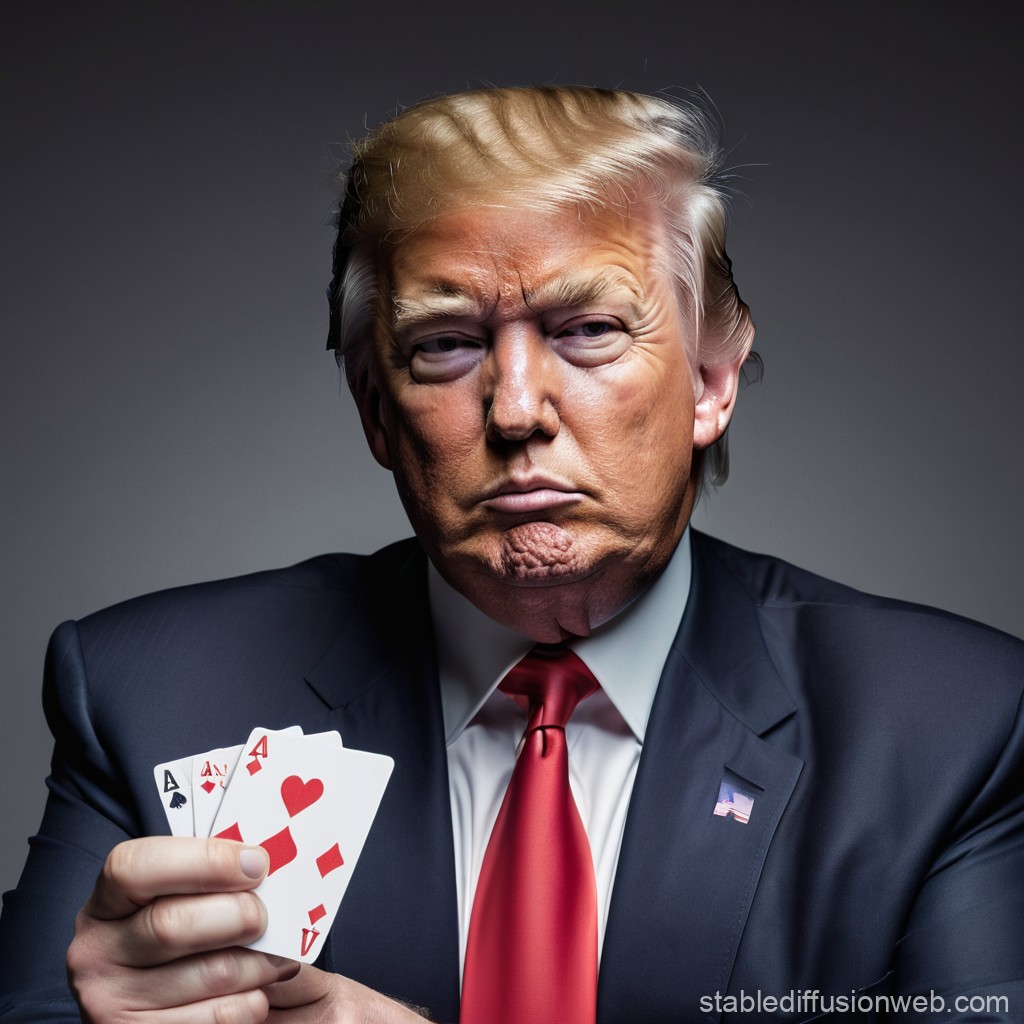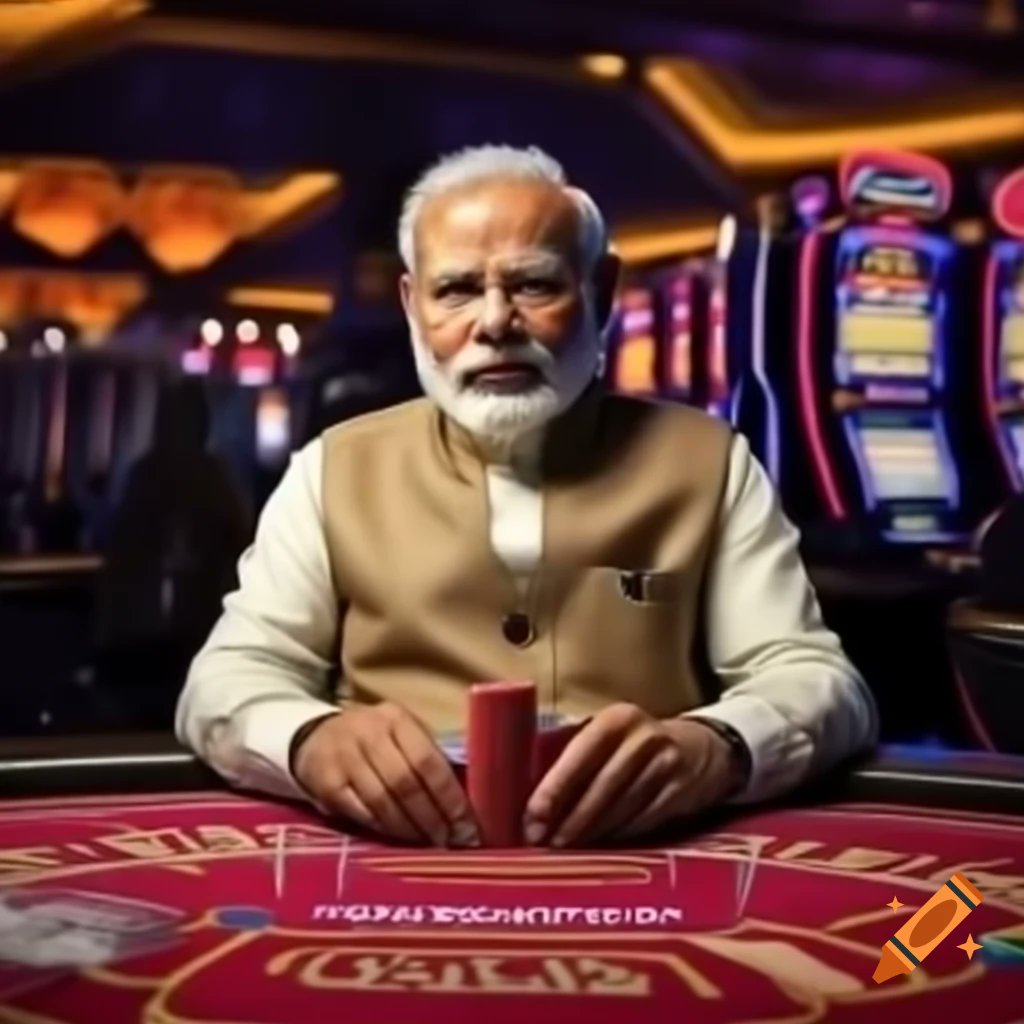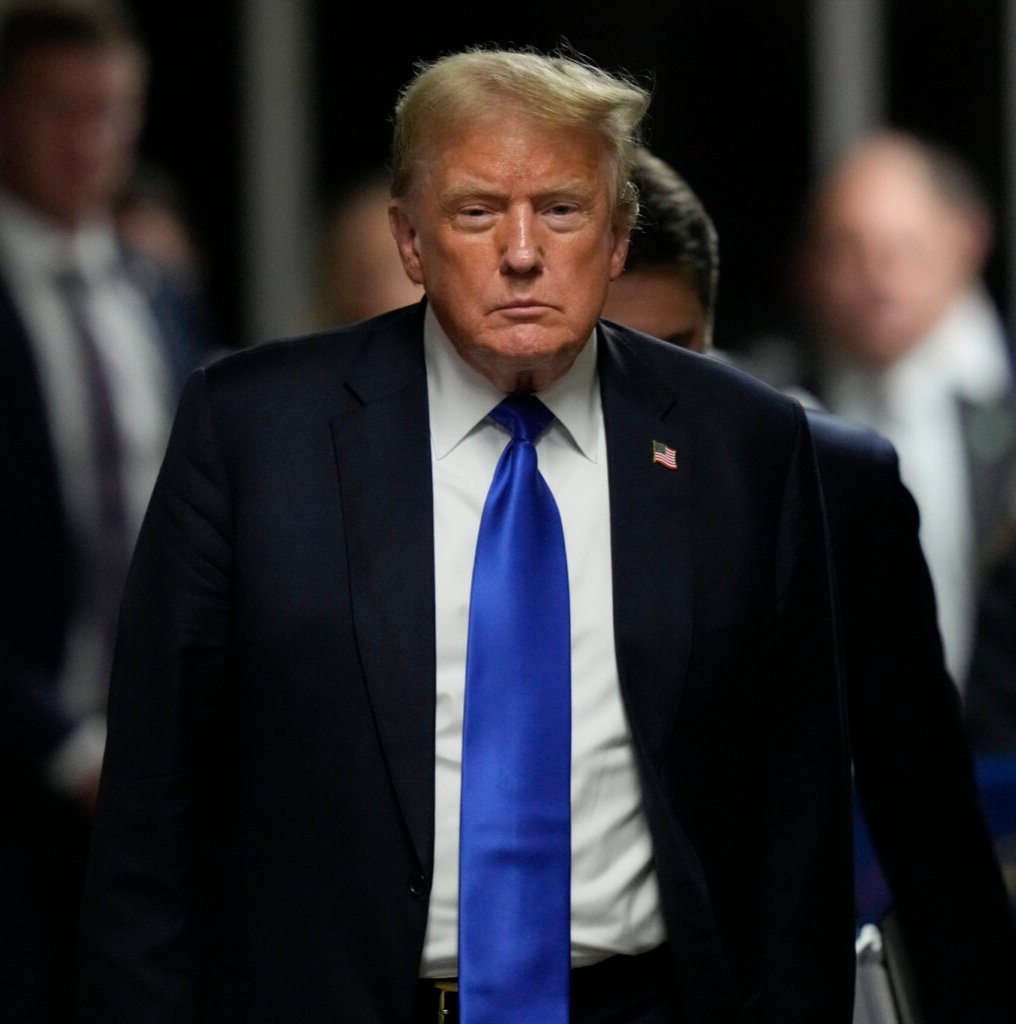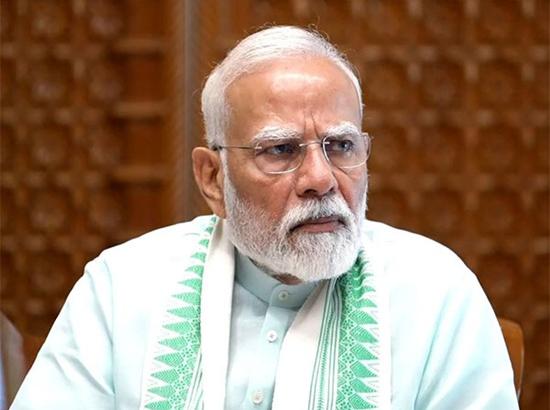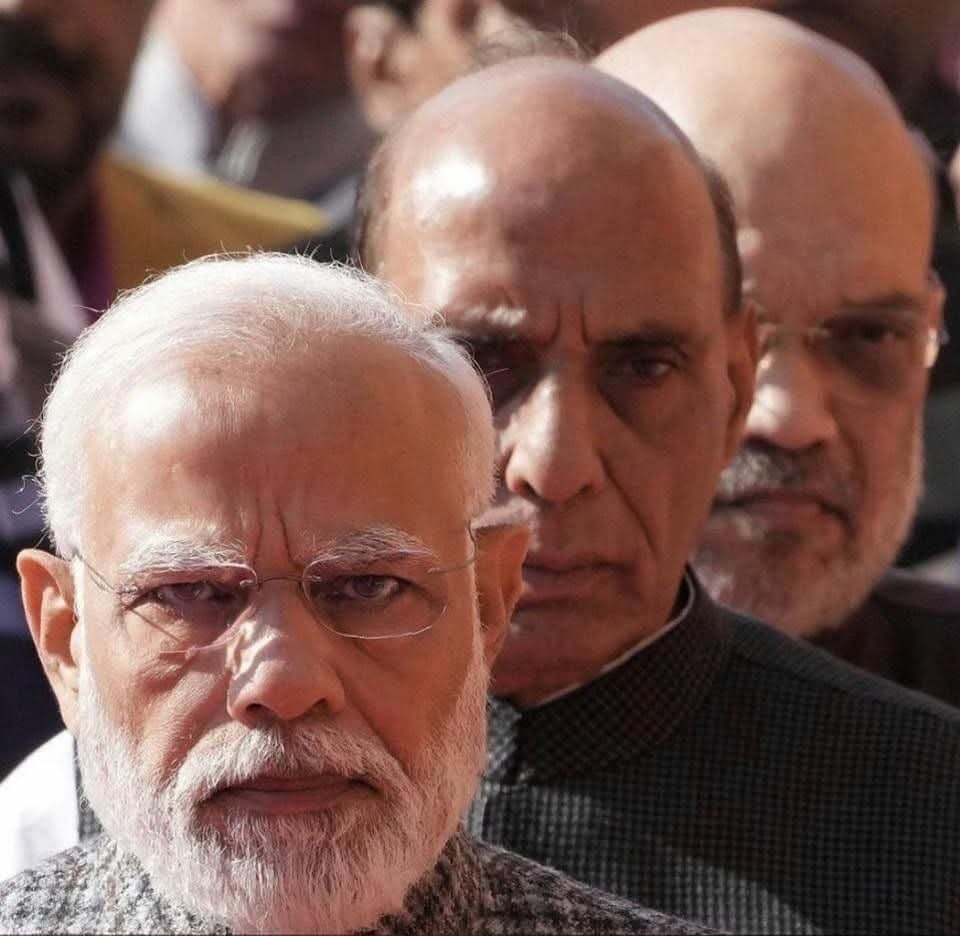India’s Diplomatic Counterattack: How Modi, Doval, and Jaishankar Are Turning the Tables on the West.
.
.
.
.
.
.
.
.
.
.
Not just that they have a lot of cards on the table against the hypocrisy of West. Read the entire post to know and trust me you will feel very proud.
.
.
.
.
.
.
.
.
.
.
Not just that they have a lot of cards on the table against the hypocrisy of West. Read the entire post to know and trust me you will feel very proud.

At a time when President Donald Trump has reignited tariff threats and intensified pressure on India by labeling its economy "dead" and imposing 25% import duties, the global chessboard is shifting, and India is playing the game with rare mastery. Backed by strategic brilliance and unshakable resolve, Prime Minister Narendra Modi’s government is not just defending against Western pressure, it is launching a full-spectrum diplomatic counterattack.
Trump’s outbursts were more than political rhetoric, they were calculated provocations. By calling India’s economy “dead,” threatening tariffs, and openly warming up to Pakistan, Trump aimed to force India to abandon its historic partnership with Russia.
But the Indian response was swift, clear, and composed.
Ajit Doval, India’s National Security Advisor, was dispatched to Moscow with a bold mission: reinforce defense ties, fast-track arms deals, and send a direct message to President Vladimir Putin—India stands firmly with its time-tested friend.
Dr. S. Jaishankar, External Affairs Minister, followed with an economic agenda: expanding Indo-Russian energy cooperation, boosting Arctic trade routes, and pushing toward a $100 billion bilateral trade goal. This wasn’t diplomacy—it was strategic warfare by other means.
But the Indian response was swift, clear, and composed.
Ajit Doval, India’s National Security Advisor, was dispatched to Moscow with a bold mission: reinforce defense ties, fast-track arms deals, and send a direct message to President Vladimir Putin—India stands firmly with its time-tested friend.
Dr. S. Jaishankar, External Affairs Minister, followed with an economic agenda: expanding Indo-Russian energy cooperation, boosting Arctic trade routes, and pushing toward a $100 billion bilateral trade goal. This wasn’t diplomacy—it was strategic warfare by other means.
Russia’s Own Power Move, and India’s Quiet Strength
Amid rising American pressure, Russia reminded the West that it, too, holds powerful levers. President Putin issued a subtle but devastating warning—he could shut down the CPC pipeline, a vital oil route used by American giants like Chevron and ExxonMobil. If triggered, it could send global oil prices soaring and wreak havoc in U.S. domestic markets.
Amid rising American pressure, Russia reminded the West that it, too, holds powerful levers. President Putin issued a subtle but devastating warning—he could shut down the CPC pipeline, a vital oil route used by American giants like Chevron and ExxonMobil. If triggered, it could send global oil prices soaring and wreak havoc in U.S. domestic markets.
India, meanwhile, has held its ground with calm confidence. It continues to purchase discounted Russian oil, despite Western criticism. And not just Russia, India is the only country simultaneously buying oil from Russia, Saudi Arabia, and the United States, balancing relationships with strategic precision.
The China Card: A Message to the West
Adding another twist to this geopolitical drama, a Chinese historian suggested that PM Modi be invited to China’s Victory Day Parad, —a symbolic gesture hinting at the formation of a Russia-India-China (RIC) axis.
Adding another twist to this geopolitical drama, a Chinese historian suggested that PM Modi be invited to China’s Victory Day Parad, —a symbolic gesture hinting at the formation of a Russia-India-China (RIC) axis.
Though seemingly speculative, this message appeared in state-backed media and think tanks, signaling that China may be floating the idea seriously. The implications of such an alliance would be catastrophic for the West:
The Quad would collapse, and U.S. Indo-Pacific ambitions would unravel.
A RIC bloc could control global manufacturing, resources, and trade.
The U.S. dollar’s dominance, already fragile, would be threatened.
The Global South may abandon Western institutions like the IMF and SWIFT, aligning instead with BRICS+ alternatives.
Yet, India is playing this potential alliance like a master poker player, floating the card without revealing intent, signaling power without full commitment. It's not a pivot—it’s leverage.
The Quad would collapse, and U.S. Indo-Pacific ambitions would unravel.
A RIC bloc could control global manufacturing, resources, and trade.
The U.S. dollar’s dominance, already fragile, would be threatened.
The Global South may abandon Western institutions like the IMF and SWIFT, aligning instead with BRICS+ alternatives.
Yet, India is playing this potential alliance like a master poker player, floating the card without revealing intent, signaling power without full commitment. It's not a pivot—it’s leverage.
Calling Out the West’s Hypocrisy
While Western media lambasts India for importing Russian oil, official statements from India’s Ministry of External Affairs have laid bare the West’s double standards:
The EU had over €84 billion in trade with Russia in 2024, including record-high LNG imports.
The U.S. continues to import uranium, palladium, fertilizers, and chemicals from Russia—even as it criticizes India.
India’s energy trade with Russia began only after Europe diverted its supply chains post-Ukraine conflict—ironically at the encouragement of the U.S. to stabilize global markets.
The hypocrisy is staggering. Unlike Europe or the U.S., India’s trade with Russia is a matter of economic survival, not convenience. And unlike Western powers, India has been transparent, restrained, and principled in its approach.
While Western media lambasts India for importing Russian oil, official statements from India’s Ministry of External Affairs have laid bare the West’s double standards:
The EU had over €84 billion in trade with Russia in 2024, including record-high LNG imports.
The U.S. continues to import uranium, palladium, fertilizers, and chemicals from Russia—even as it criticizes India.
India’s energy trade with Russia began only after Europe diverted its supply chains post-Ukraine conflict—ironically at the encouragement of the U.S. to stabilize global markets.
The hypocrisy is staggering. Unlike Europe or the U.S., India’s trade with Russia is a matter of economic survival, not convenience. And unlike Western powers, India has been transparent, restrained, and principled in its approach.
India’s Cards Are Stronger Than Ever
Let’s be clear: India is no longer a passive player in global politics. It is a swing state, a superpower in the making, and a sovereign force refusing to be bullied. President Trump’s pressure tactics may have worked on weaker nations, but not on Modi’s India.
India has strong energy ties with all sides.
It’s a vital market for global manufacturing giants.
It can tilt global alliances, not just follow them.
And it has Doval and Jaishankar, two of the sharpest minds in geopolitics, steering the ship.
Let’s be clear: India is no longer a passive player in global politics. It is a swing state, a superpower in the making, and a sovereign force refusing to be bullied. President Trump’s pressure tactics may have worked on weaker nations, but not on Modi’s India.
India has strong energy ties with all sides.
It’s a vital market for global manufacturing giants.
It can tilt global alliances, not just follow them.
And it has Doval and Jaishankar, two of the sharpest minds in geopolitics, steering the ship.
India’s message is unambiguous:
“We welcome partnerships—but not pressure. We honor friends, but will not be dictated to. We play our cards strategically, and we hold some very strong ones.”
In this new world order, where old powers falter and new ones rise, India isn’t just surviving the tariff war—it’s shaping the battlefield.
“We welcome partnerships—but not pressure. We honor friends, but will not be dictated to. We play our cards strategically, and we hold some very strong ones.”
In this new world order, where old powers falter and new ones rise, India isn’t just surviving the tariff war—it’s shaping the battlefield.
• • •
Missing some Tweet in this thread? You can try to
force a refresh


